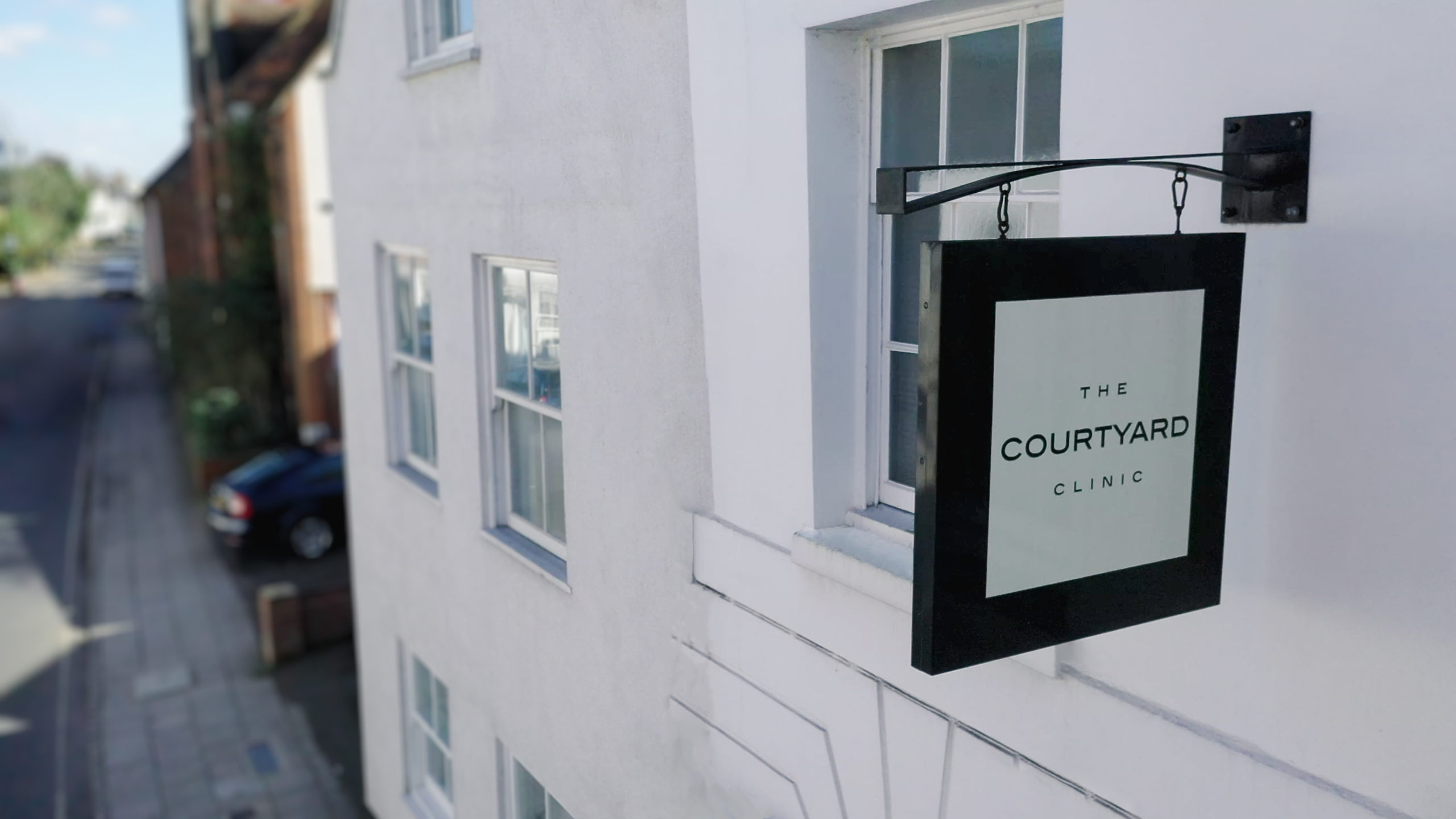If modern life leaves you grinding your teeth in frustration, you are not alone. Dentists are recording increasing cases of involuntary teeth-grinding, known as bruxism. The problem is thought to affect one in 10 of us.
Dental surgeon Dr Nigel Carter, head of the British Dental Health Foundation, explains: “There’s no doubt that teeth-grinding is an increasing problem – and a feature of the stress brought on by modern lifestyles.”
Most cases occur during sleep, although bruxism can also affect people when they are awake, with some clenching the jaw at the same time. Although cases of bruxism are mostly seen among women in their twenties and thirties, when the pressures of combining a career with marriage and family may be greatest, dentists are noticing a rise in adolescents, too.
Our teeth are built up of layers: on the inside is pulp – soft tissue that houses nerves and blood vessels. This is the part that hurts when teeth become decayed. Protecting the pulp is dentine, calcified tissue that supports the outer layer of enamel.When dentine becomes damaged, it can lead to faster tooth decay and even destroy the shape of the mouth. Faces can become visibly shorter, by which time there is little that can be done to reverse the process. Other problems, according to the Bruxism Association, range from headaches, aching jaw and facial muscles (myalgia), earache, tightness/stiffness of the shoulders, sleep disruption and inflamed and receding gums.
In severe cases, temporomandibular joint disorder occurs (TMJ), causing clicking or popping noises as you move your mouth, muscle spasms around the jaw, and a feeling that the jaw is “stuck”. This can make eating difficult, resulting in pain around the ear, cheek or temple.


